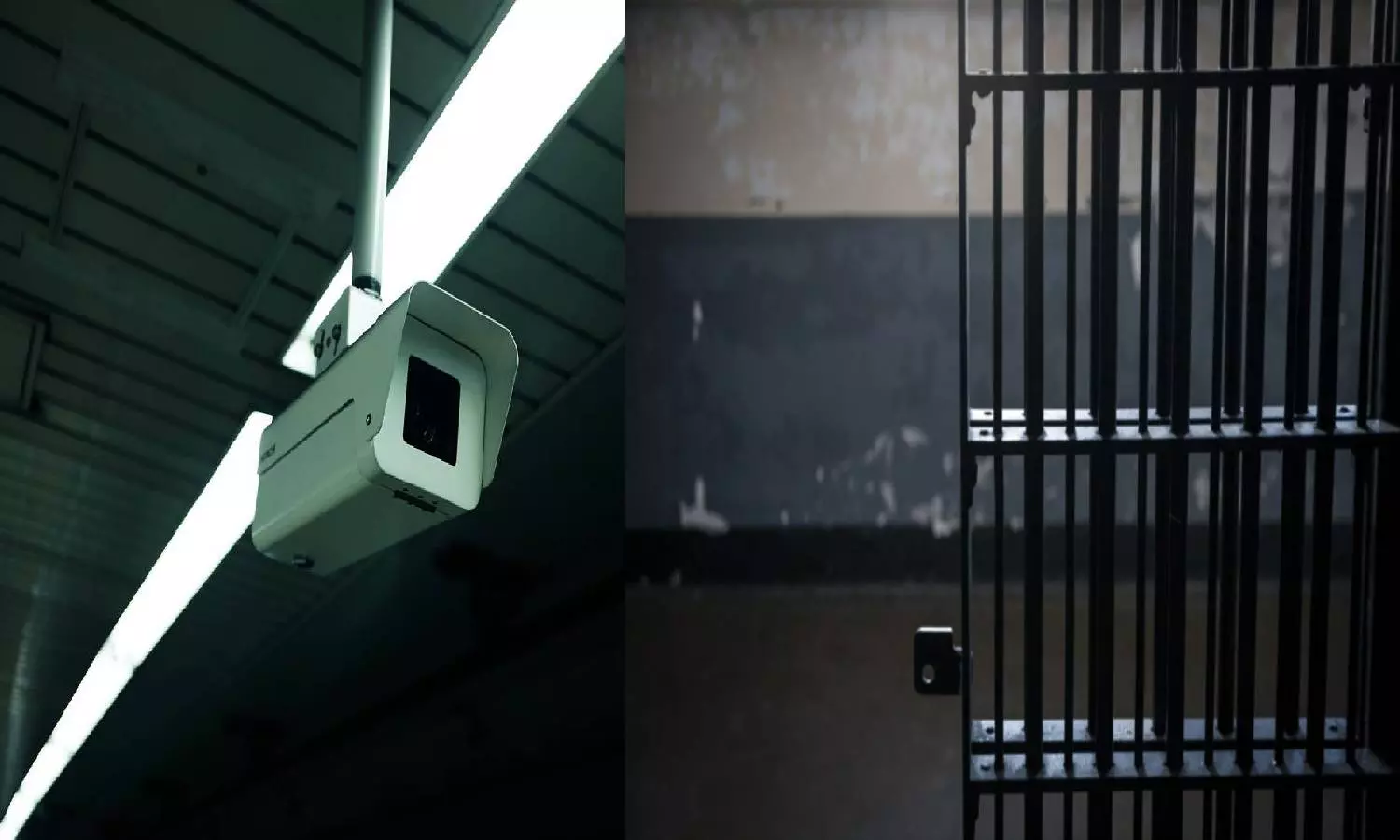HRF welcomes SC order on installing CCTV cameras in all police stations
On 2 December, the Supreme Court directed that the Centre, the States and the Union Territories install CCTV cameras with audio recording and night vision capabilities in every police station.
By Newsmeter Network
Hyderabad: The Human Rights Forum (HRF) on Saturday welcomed the Supreme Court's order on installing closed-circuit television (CCTV) cameras in all Central and State agencies endowed with the power to detain, arrest and interrogate.
On 2 December, the Supreme Court directed that the Centre, the States and the Union Territories install CCTV cameras with audio recording and night vision capabilities in every police station. The SC specified that these cameras must cover "interrogation rooms, entry and exits, lock-ups, corridors, lobbies, reception area, rooms of the Sub-Inspector and Inspector, duty officer's room, in front of the police station compound, back part of the police station and near washrooms."
The SC also directed the Central government to install CCTV cameras and recording equipment in the offices of Central agencies including the Central Bureau of Investigation (CBI), the National Investigation Agency (NIA), the Narcotics Control Bureau (NCB), Directorate of Revenue Intelligence (DRI), the Serious Fraud Investigation Office, the Enforcement Directorate (ED) and all agencies endowed with the power to detain, arrest and interrogate. The court called for the video and audio recordings to be retained for 18 months for evidence, if needed.
"This is a far-reaching and landmark order that, if implemented properly, will go some way towards reducing custodial violence and human rights abuses and ensuring greater police accountability. Compliance is the key," said V.S. Krishna, Coordination Committee member of HRF.
The HRF calls upon the AP and Telangana governments to fully abide by the letter and spirit of the SC order and implement it.
The SC also ordered a constitution of oversight committees at state and district levels to supervise and monitor the installation and functioning of cameras. The court charged them with the responsibility of reviewing footage. Importantly, members of the district committee will not only be bureaucrats but will also be part of an elected representative, and the state committee will also have a member from the Women's Commission.
"As stated by several experts, the SC could have gone farther in calling for a 24-hour real-time viewing and monitoring of the CCTVs at multiple centers, including the local magistrate's office, so as to ensure that there is no editing, tampering or manipulation of footage. Even so, this order is a significant step forward," said S. Jeevan Kumar, Coordination Committee member of HRF
The HRF also said that custodial violence and abuse of police power is a matter of serious concern. Though the law criminalises torture, custodial violence enjoys unprecedented license and interrogation methods continue to be brutal and inhuman. "It is common knowledge that police personnel exhibit a routine disregard for regulations and procedures, inflict terrible violence on helpless suspects and often subject them to degrading treatment. A pervasive regime of impunity is clearly the single most important factor for institutionalising the widespread use of custodial torture. We are hopeful that if this order is diligently implemented, matters will improve," said Krishna.
The HRF has been calling on successive governments to seriously address the issue of custodial torture by law enforcement personnel and to ensure adherence to Constitutional values and lawful procedures. "We also urge both governments to constitute state security commissions and to expedite setting up of a police complaints authority at both state and district level," said Krishna.